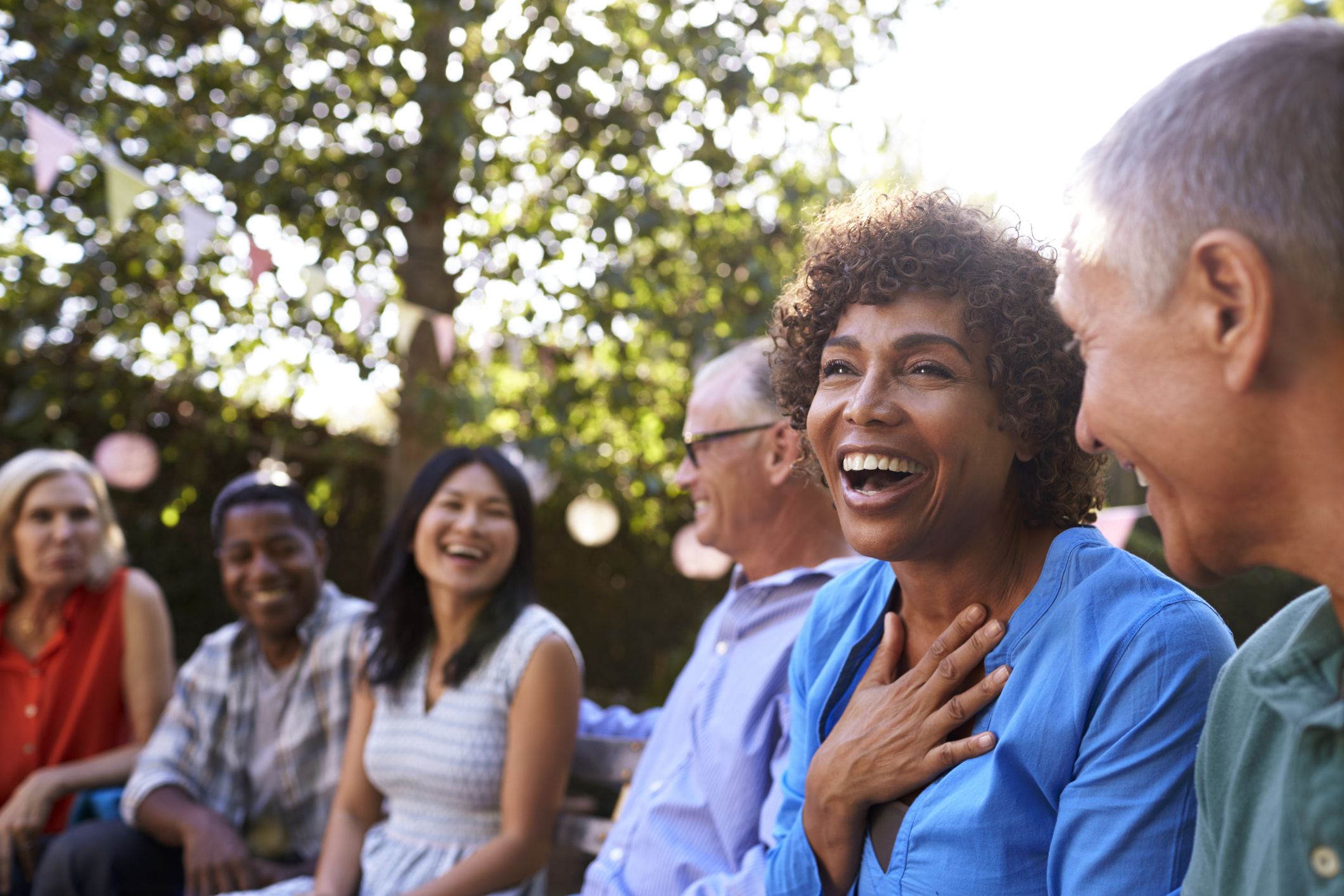How social connections add up to a healthier life
July 26, 2023“Even before the onset of the COVID-19 pandemic, approximately half of U.S. adults reported experiencing measurable levels of loneliness.”
A recent report from the Surgeon General says that the mortality effects from the public health crisis of loneliness and social isolation are equivalent to smoking up to 15 cigarettes every day. A lack of connection can contribute to a person having higher risk of heart disease, stroke, anxiety, depression, and dementia, and can make people more susceptible to infectious diseases. Those individual health effects then ripple out into the broader community.
Thankfully, the opposite is also true. When people are connected to their community and feel a sense of belonging, they experience better health outcomes, such as lower blood pressure and stronger immune systems. They are also more likely to behave in ways that lead to better health: more physical activity, better nutrition, and even better management of chronic conditions.
Many factors can contribute to an inability or lack of opportunity to connect with others, including structural racism, discrimination, age, physical ability, and geographic location. Blue Cross strives to lessen these barriers by supporting Minnesota nonprofits that focus on building strong community connections and advancing racial and healthy equity.

How the Blue Cross Foundation supports healthy connections
The Blue Cross Foundation recently awarded $2 million in grants to 13 Minnesota nonprofit organizations to support efforts to reduce social isolation and create community connections. These grants are part of the Foundation’s Healthy Connections program, which seeks to build connections within and across communities and generations, dismantle inequities that interfere with social connections and support efforts to address community trauma.
The grantee partners will be using their funding to create community and intergenerational connections to improve the health and quality of life within their communities. Some areas the grantees are focusing on include reducing loneliness among recent Afghan arrivals; reducing social isolation, loneliness, and feelings of depression, anxiety and suicidal ideation among LGBTQ+ youth; building relationships between seniors and people with disabilities; creating cross-cultural relationships between refugees, immigrants and the broader community; and increasing personal development and sense of belonging among Muslim women and girls.
Learn more about the Healthy Connections program and its grantees here.


